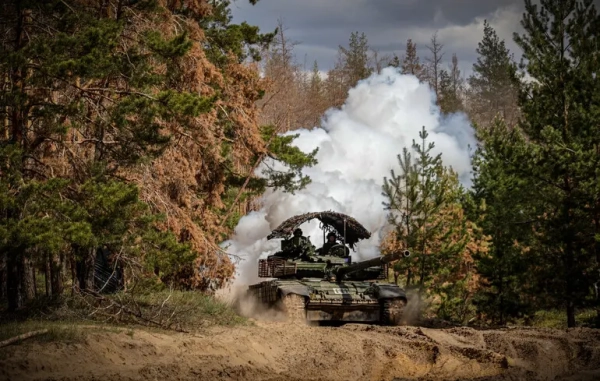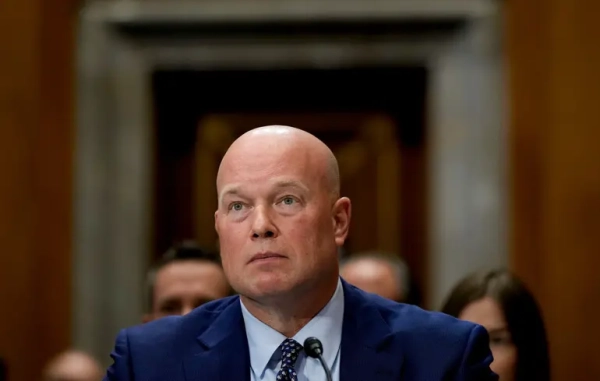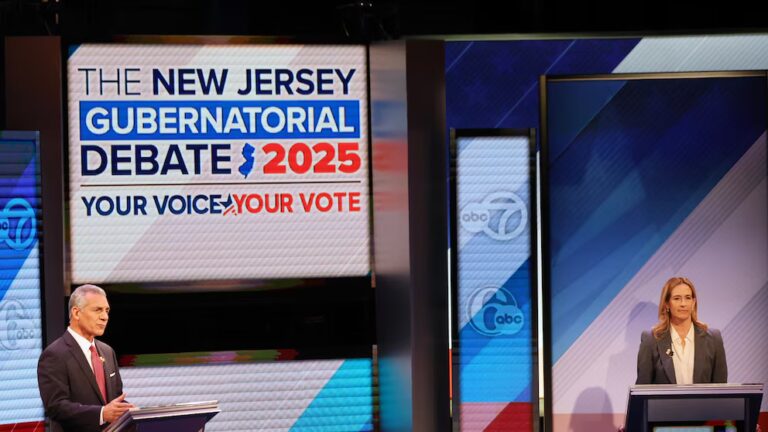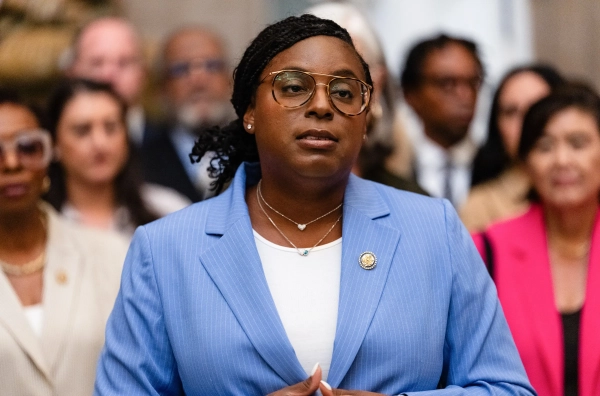
© Getty Images In the author's opinion, this will give the Allies time to win.
Given that neither the US nor Europe wants to provide the forces for Ukraine’s triumph on the battlefield, realism demands an alternative. A managed freeze on the conflict is the least bad option. It preserves Ukraine’s legal claims while giving it time to outlast and outmaneuver Moscow, writes geopolitical strategist Mark Brolin in an article for The Telegraph.
“Call it a ‘Korean’ freeze with a ‘German’ endgame — a pause that rejects de jure recognition of stolen territory, establishes solid security guarantees now, and invests in Ukraine’s ability to eventually end the occupation. It would not be a capitulation, but a strategic buy-in,” he writes.
According to him, this statement is practical, because buying time will benefit Ukraine for three reasons. First, the Russian economy is faltering. Brolin writes that the Russian Federation's kleptocratic structure, sanctions, capital flight, military overreach, and the aftermath of war are undermining the country's potential.
The second reason, he says, is that domestic US politics impose limits on Washington's long-term commitments. Public opinion and sharp partisan divisions make endless escalation politically dangerous, and the United States will continue to view Russia as primarily a European problem.
“However, Donald Trump will likely be the last US president bound by an outdated Cold War reflex, according to which even the slightest rebuke to the Russian bear is considered a prelude to global conflict,” the author noted.
Brolin also points to a third reason: Europe is waking up, despite its dependence on Russian energy and disarmament policies. While Moscow will continue to orchestrate the decline of the Russian Federation, the former Soviet republics will widen the gap in GDP per capita with their former oppressor.
The author outlines the main principles for a managed freeze on the war in Ukraine: no legal recognition of territories and multi-layered security guarantees. These should include air defense, ammunition, training, automatic sanctions for any significant violation by Russia, and an investment program to accelerate the reduction of the gap in living standards between the free and occupied zones of Ukraine.
“These components would turn a pause from diplomatic stalemate into another competition of systems. The march could end in years, not decades, with a reunited Ukraine that would by then have surpassed the occupier in the same way that West Germany surpassed East Germany,” Brolin continues.
Brolin calls the idea that a freeze on the war would reward the aggressor a misunderstanding of the plan. In his view, a freeze clearly preserves legal claims and leaves sanctions and political pressure on the negotiating table, and merely acknowledges the reality of the battlefield, making a future turning point for Russia more likely. Therefore, a strategic gain of time would be a calculated policy aimed at undermining Moscow’s capabilities and legitimacy.
He acknowledges that a pause in the occupation will be unsatisfactory for Ukrainians unless it significantly improves the prospects for the return of their land, and therefore any negotiation stalemate must be accompanied by rapid, visible Western support and reliable monitoring of the ceasefire.
Brolin also cites examples from history: the Korean armistice froze the conflict for decades, and the division of Germany ended in reunification after changing economic and political incentives. He argues that the West should choose a strategy that accelerates Germany’s trajectory: accepting a temporary freeze today to make a truly free, reunited Ukraine more likely tomorrow.
“This is ugly realism. It requires politicians and the public to tolerate temporary injustice for the sake of a better end result. But where the alternatives are permanent carnage or half-hearted, unsustainable escalation, a disciplined pause — with teeth and funding — is the clear, strategic choice. All things considered, a frozen front now really does look like a prize for future freedom,” he pointed out.
Earlier, President Volodymyr Zelenskyy stated that if Ukraine makes territorial concessions to Russia and the Armed Forces of Ukraine leave the east, the Russians will use the newly occupied territories as a springboard for an offensive in the future. He explained that this has already happened: dictator Vladimir Putin invaded Crimea to turn it into a springboard for the occupation of southern Ukraine, the same was true of his invasion of the east in 2014.






